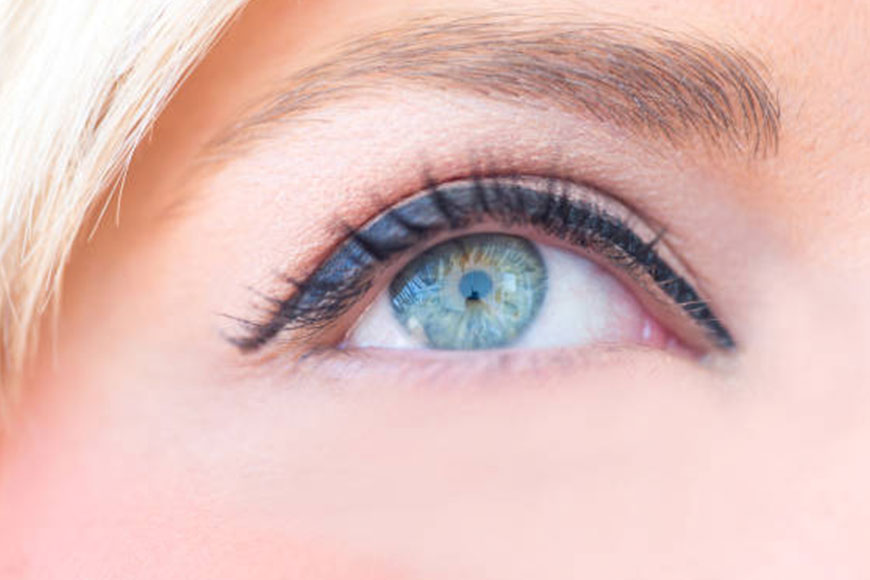Neuro-ophthalmologist
Having great visual perception makes it simpler to play out your everyday assignments. However, vision issues are a typical issue. In excess of 150 million Americans wear some type of remedial eyeglasses. The greater part: of grown-ups beyond 75 years old foster waterfalls. Glaucoma influences multiple million individuals beyond 40 years old. Multiple million Americans are outwardly weakened, and more than 1.3 million are legitimately visually impaired.

For most eye concerns or routine eye tests, you can visit an ophthalmologist or ophthalmologist. Ophthalmologists are specialists or orthopedists who represent considerable authority in diagnosing and treating eye infections. They get more preparation than optometrists and can along these lines treat a wide scope of issues.
A portion of these specialists have practical experience in explicit regions connected with vision. This incorporates neuro-ophthalmologists. Their area of expertise is vision issues brought about by neurological conditions.
How does a neuro-ophthalmologist respond?
Neuro-ophthalmology is a subspecialty of both nervous system science and ophthalmology. Neuro-ophthalmologists represent considerable authority in vision issues including your sensory system. These issues incorporate vision issues because of cerebrum injury or sickness, including injury, stroke, or contamination. Some of the time these issues may not be a not kidding goal for concern, yet different times, they can prompt more genuine entanglements, like vision misfortune.
A neuro-ophthalmologist can analyze and treat neurological and fundamental sicknesses that influence your vision and eye development. Tests they might give you incorporate electroretinography, optical lucidness tomography, and multifocal EGR accounts.
The treatment your neuro-ophthalmologists might give you relies upon your specific circumstance, however may include:
- remedial focal points
- Botox infusions for muscle fits
- surgeries
- Instruction and preparing of neuro-ophthalmologists
A neuro-ophthalmologist typically gets:
- Four year college education for quite some time
- long term clinical endorsement
- At least 5 years of clinical preparation after clinical school (residency and cooperation preparing)
Notwithstanding the schooling and preparing above, many (however not all) neuro-ophthalmologists have become bored affirmed in nervous system science, ophthalmology, or both. Board certificate implies that these specialists are fully informed regarding the most recent advancements in their field. Some get extra preparation to perform surgeries, while others might keep preparing to perform specific tests.
What conditions does Neuro-ophthalmologist treat?
Neuro-ophthalmologists analyze and treat various sorts of vision issues. A portion of the more normal conditions they treat include:
- twofold vision
- eyelid anomalies
- Miniature cranial nerve paralysis (at times called “diabetic nerve paralysis”)
- myasthenia gravis
- Optic nerve issues (optic neuritis, ischemic neuritis, Leber’s optic neuropathy)
- cerebral neuroma
- squint
- thyroid eye infection
Motivations to see a neuro-ophthalmologist
An ophthalmologist might allude you to a neuro-ophthalmologist on the off chance that you:
Lose visual sharpness
Loss of visual keenness (clearness and sharpness) may happen for an assortment of reasons, including uncorrected refractive mistakes, retinal issues, issues with the optic nerves, and issues inside your skull, like a cancer or aneurysm. A neuro-ophthalmologist can analyze the issue and suggest treatment choices.
You experience difficulty moving your eyes
Issues that keep your eyes from moving appropriately incorporate cranial nerve paralysis and myasthenia gravis. These issues make it difficult to see. You ought to likewise see a neuro-ophthalmologist assuming your eyes out of nowhere begin shaking, as this can be an indication of nystagmus, a condition that can create issues with vision, profundity discernment, equilibrium, and coordination.
You have cancers pushing on the optic pathways
Regardless of whether you notice any progressions in your vision, however have been determined to have a pituitary growth (or one more kind of cancer in your skull) pushing on your optic nerves, you should see a neuro-ophthalmologist to ensure you don’t have vision misfortune.
You have strain in your mind
Building strain in your mind can make your optic nerves swell, and in the end to lose your vision. It tends to be brought about by mind cancers and furthermore a condition called cerebral pseudotumor. A neuro-ophthalmologist can analyze and treat the reason.
Advancement of inconsistent understudies
Any unexpected changes in understudy size could show a difficult issue, like a mind aneurysm, and ought to be dealt with right away.
What do you anticipate from a nervous system specialist and ophthalmologist?
Before you go to a neuro-ophthalmology arrangement, you should ensure that you have:
- Your present glasses and remedies
- Related clinical records
- Duplicates of any MRI, CT examine, or other eye tests

